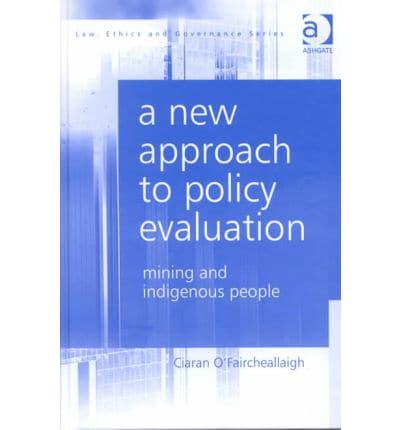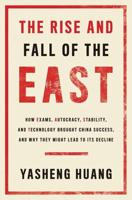Publisher's Synopsis
This book addresses questions which are of central interest to scholars of public policy in all liberal democracies. How can we correctly identify the outcomes of public policies? How can we and how should we judge those effects, especially where policies emerge from intense political conflict between groups with divergent views of what represents a desirable outcome? How can we explain the policy outcomes we observe? Where outcomes are not regarded favourably, how can we achieve different and more positive results? - - The book develops a new way of dealing with these questions at a conceptual level, making it of interest to the wide community of scholars and policy analysts. It does so in a context which renders the book of particular interest to scholars, policy-makers and activists concerned with the inter-relationship between indigenous peoples and resource development. It examines the effects of Australia's policies on uranium mining on Aboriginal people, analyzing the policy rhetoric underlying government actions, tracing through careful research the actual outcomes resulting from uranium policy on Aboriginal communities in the Alligator Rivers Region and explaining and interpreting policy outcomes. - - Publication of the book is particularly timely given that governments are under more pressure than ever to demonstrate the efficacy of their policy initiatives, and given the increasing recognition being afforded to indigenous rights through national legislation and through international initiatives.










